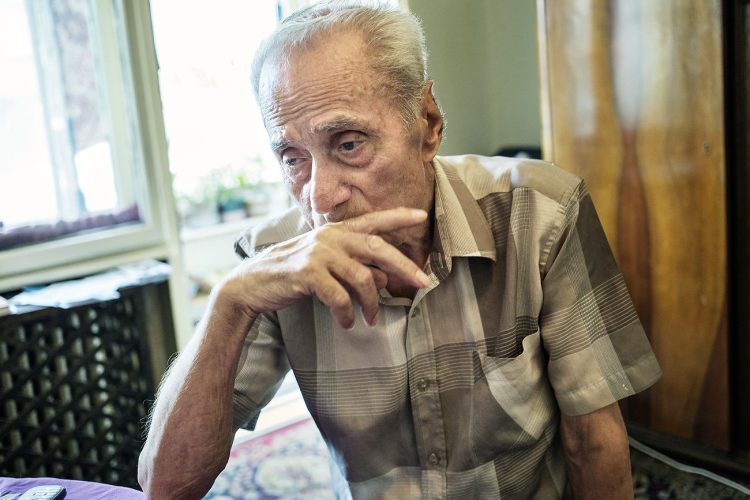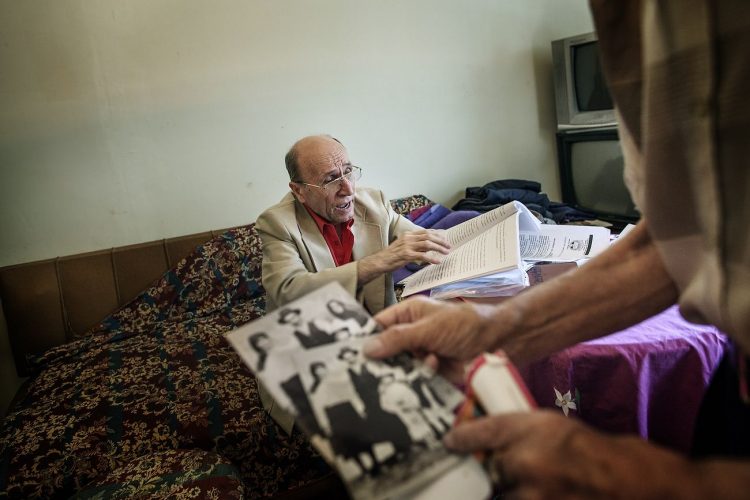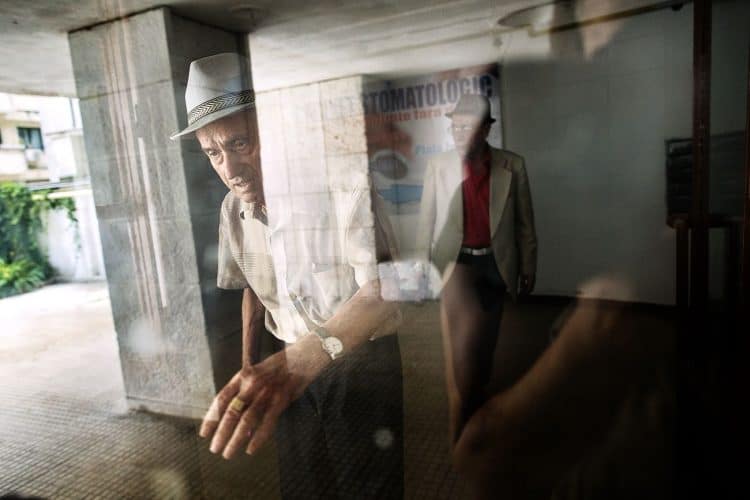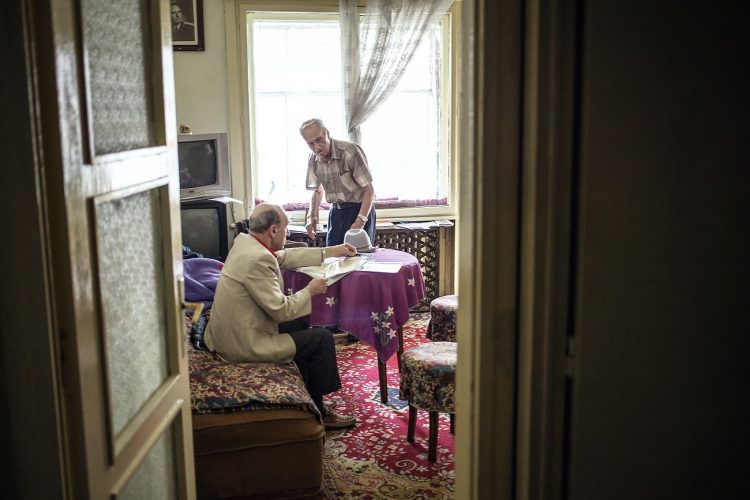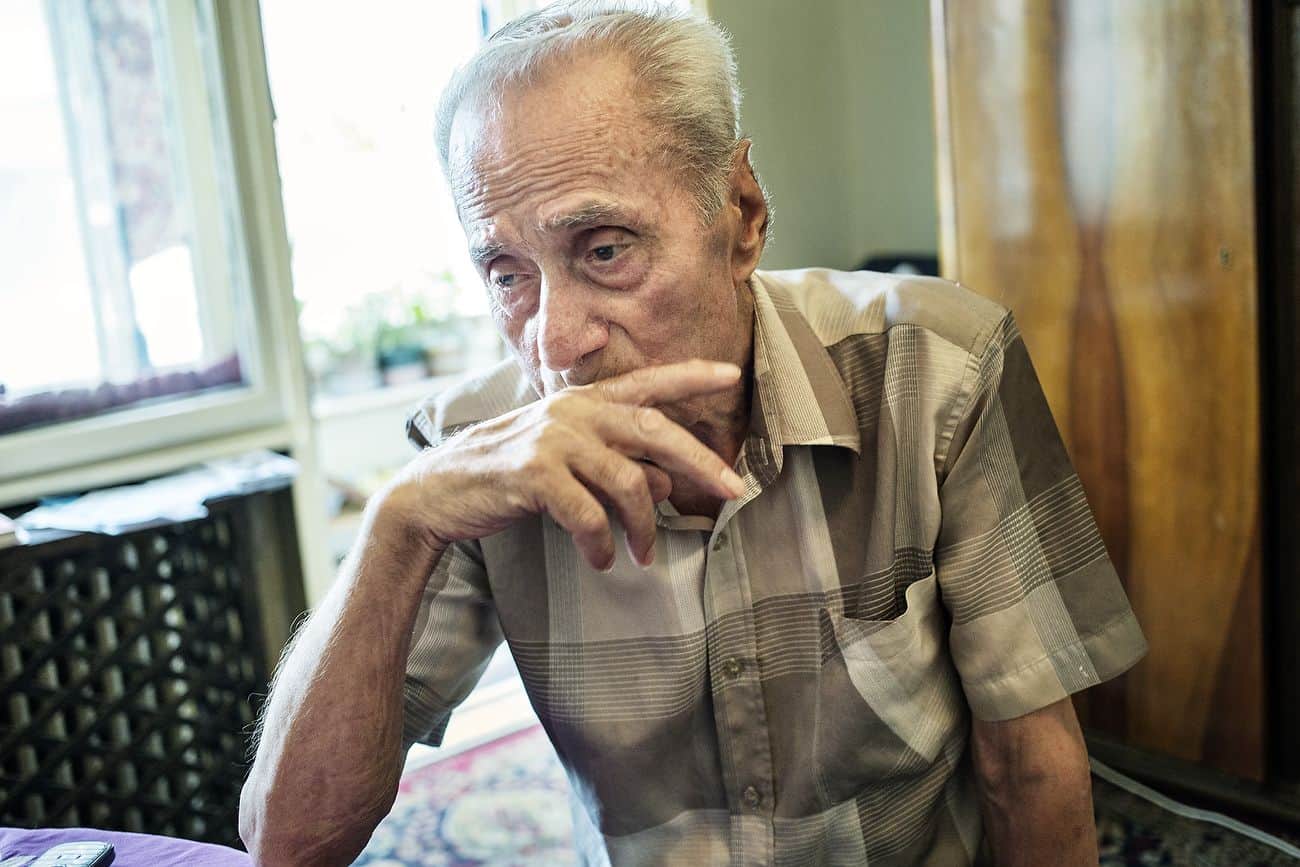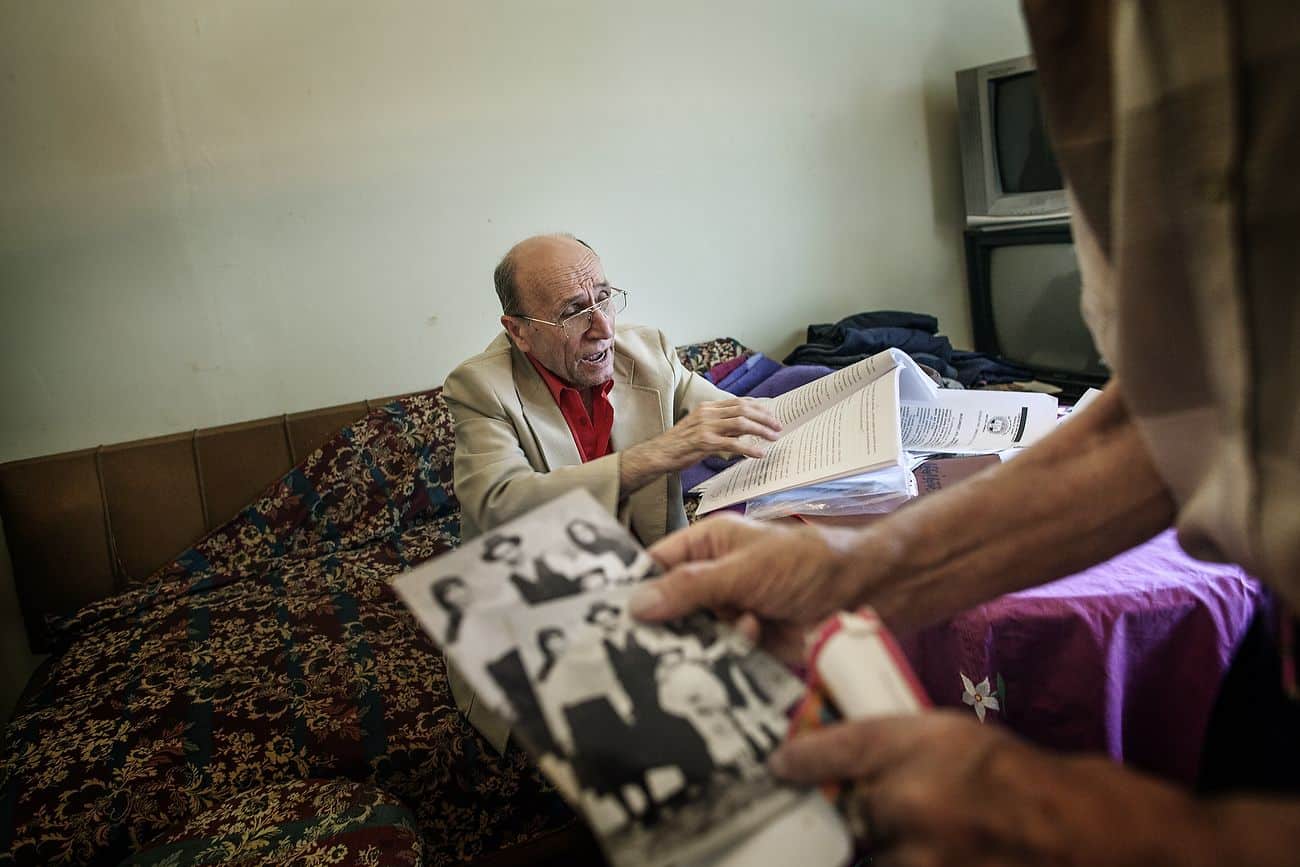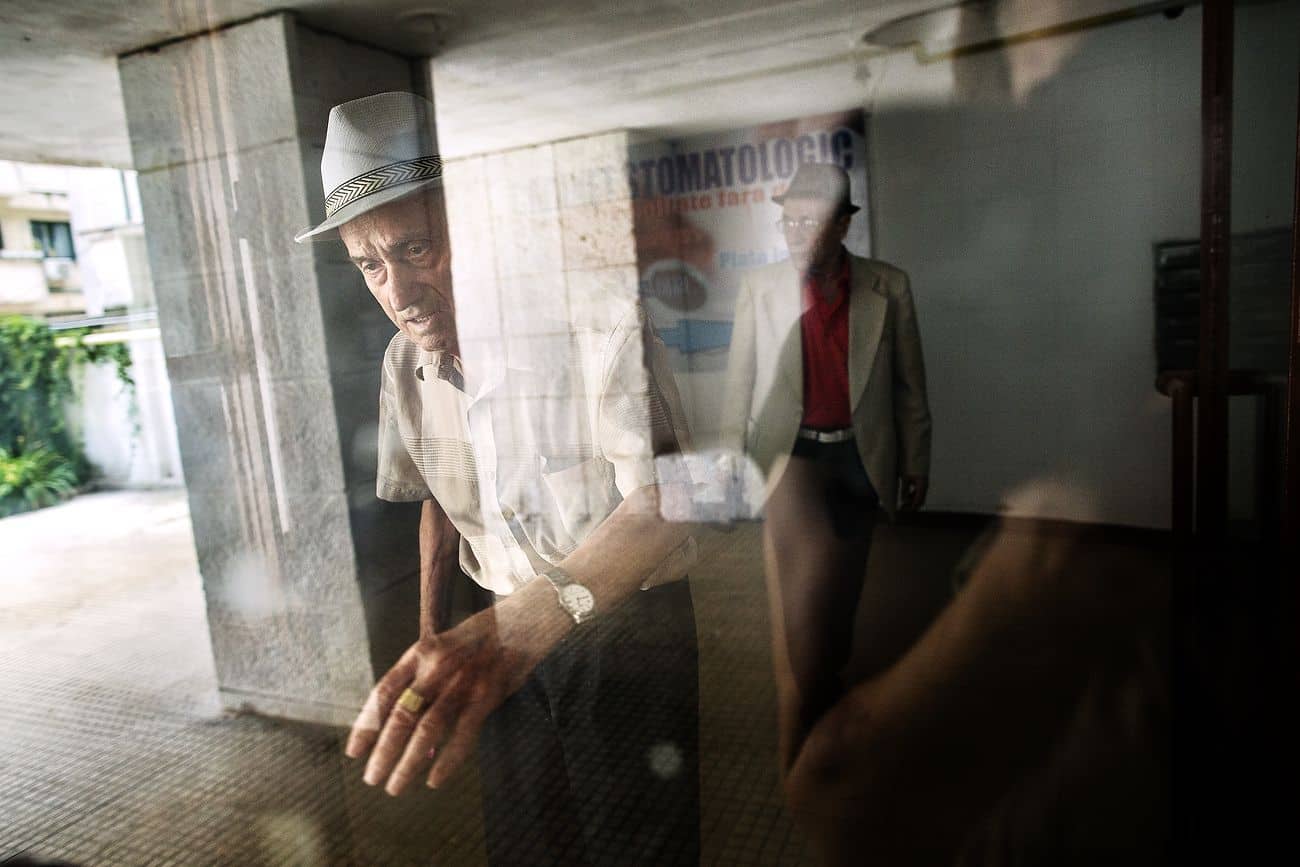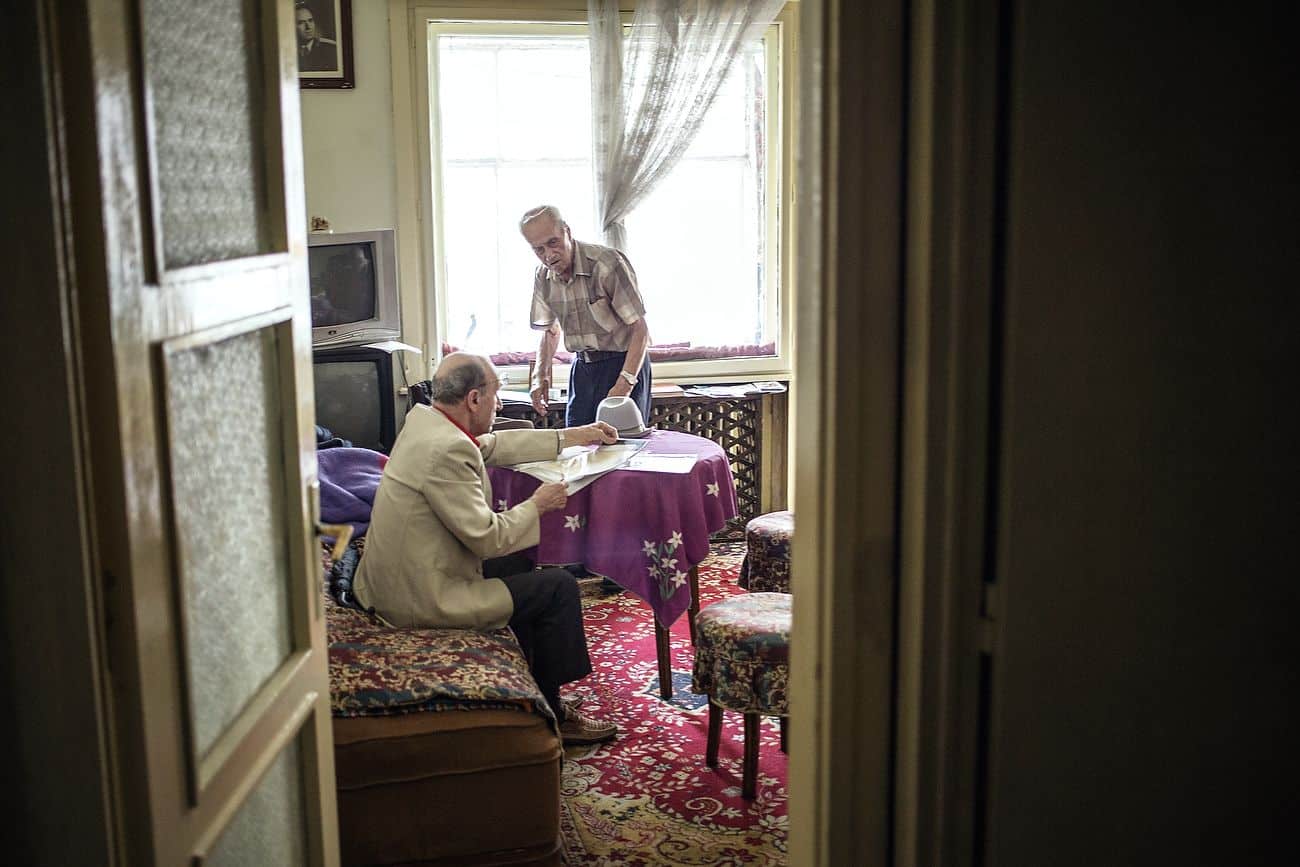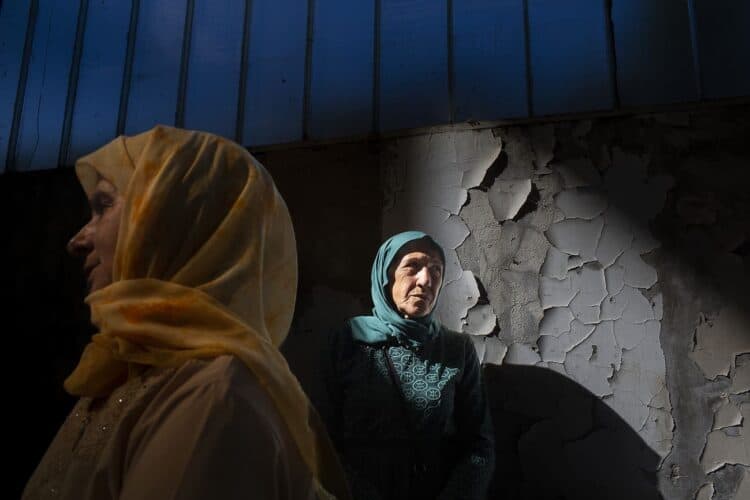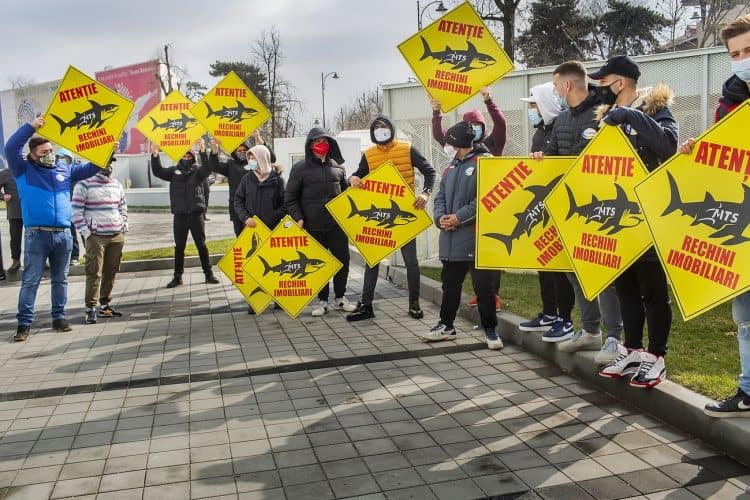You would have thought that this ought to have happened at the beginning of the 1990s. But if Visinescu had been put on trial then, the whole of the socialist political apparatus, newly transformed into the heroes of the pseudo-revolution, would also have had to be put in the dock.
Even as early as 1990s, some of these former political commissars reverted to odious type, committing further crimes against the Romanian people. One example is none other than the former President of Romania, Ion Iliescu, who has the blood of the victims of the two miners’ rampages, or “Mineriads”, on his hands, not to mention those who were murdered as a means of validating the pseudo-revolution itself.
Whereas Visinescu’s crimes will have to be proven in court, there is very well documented, filmed evidence of the crimes committed by the odious communist with an inhuman face. As head of state, Iliescu is not even able to claim that he merely watched impassively as organised groups committed crimes against Romanian civilians (although this too would have been a major crime), given that he greeted the miners in Victoria Square and thanked them for their “civic spirit”.
Even so, I cannot see anybody demanding that Iliescu be put on trial, not even the people who heckle and shove the octogenarian Visinescu on the street.
Unfortunately, the Visinescu trial cannot commence until there has been a trial of the communist regime itself, in which all the nomenklatura would be convicted, even post mortem. Not until we have dealt with them ought we to pick on people like Visinescu, the tools the Party bosses used in order to eliminate all opposition to their regime.
There is a widespread but ignorant opinion that Iliescu cannot be brought to trial for the crimes of the Mineriads because of the statute of limitations. Nothing could be more false, since the “European Court of Human Rights underlines the right of victims and their families to know the truth about the circumstances of events that involved a massive violation of such fundamental rights as the right to life, which entails the right to a judicial enquiry and, if appropriate, the right to compensation.
